Artificial and modified organisms could become essential tools to fight climate change, clean up pollution, protect biodiversity, and more.


OneSkin Technologies is a longevity company started by a team of incredible female PHDs and entrepreneurs, who have been using cutting edge technology to identify the senescent cells that cause your skin to age.
⠀⠀⠀
Discover how they use key peptide molecules to eliminate those senescent cells, making you look and feel 10 years younger.
Subscribe for Peter’s latest tech insights & updates: https://www.diamandis.com/subscribe
Elon Musk has warned many times about the dangers of AI. He sees strong artificial intelligence as an existential risk. Musk therefore wants to develop a brain machine interface or BMI device so we can merge with AI and hopefully develop a symbiotic relationship with artificial intelligence thus solve the AI control problem. Elon Musk has founded the neurotechnology company Neuralink. the company is focused on developing implantable brain machine interfaces. Neuralink has made recent headlines for its newest BMI device presented by Elon Musk.
In the short term, Neuralink’s BMI may be used to fix neurological problems and disorders. As Elon Musk has pointed out, over time, virtually everyone who gets old will suffer at least one if not multiple common neurological issues such as: Memory loss, hearing loss, seizures, strokes, brain damage etc.
With the development of Neuralink’s device, these problems may be a thing of the past. Better yet, the integration of Neuralink’s device with the human brain may advertently solve the artificial intelligence alignment problem by achieving a symbiotic relationship between humans and machines.
This is because there are many cases where an AI and a biological intelligence could benefit from each other’s actions; the AI receiving data from the human brain and the human brain receiving data from the AI. The benefits of this relationship would greatly outweigh the costs to both humans and AI systems; however, it is also very likely that AI systems and biological intelligences will at some point be in conflict.
Elon Musk has commented on the dangers of AI saying it is the greatest risk we face as a civilization. However, in order to prove that Neuralink can solve this problem, two things will need to become clear: how does Neuralink achieve symbiosis with the human brain? And what are the side effects and potential drawbacks of this symbiosis?
#ElonMusk #Neuralink #AI
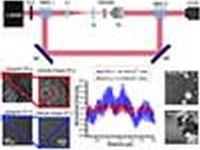
Intensity shot noise in digital holograms distorts the quality of the phase images after phase retrieval, limiting the usefulness of quantitative phase microscopy (QPM) systems in long term live cell imaging. In this paper, we devise a hologram-to-hologram neural network, Holo-UNet, that restores high quality digital holograms under high shot noise conditions (sub-mW/cm2 intensities) at high acquisition rates (sub-milliseconds). In comparison to current phase recovery methods, Holo-UNet denoises the recorded hologram, and so prevents shot noise from propagating through the phase retrieval step that in turn adversely affects phase and intensity images. Holo-UNet was tested on 2 independent QPM systems without any adjustment to the hardware setting. In both cases, Holo-UNet outperformed existing phase recovery and block-matching techniques by ∼ 1.8 folds in phase fidelity as measured by SSIM. Holo-UNet is immediately applicable to a wide range of other high-speed interferometric phase imaging techniques. The network paves the way towards the expansion of high-speed low light QPM biological imaging with minimal dependence on hardware constraints.
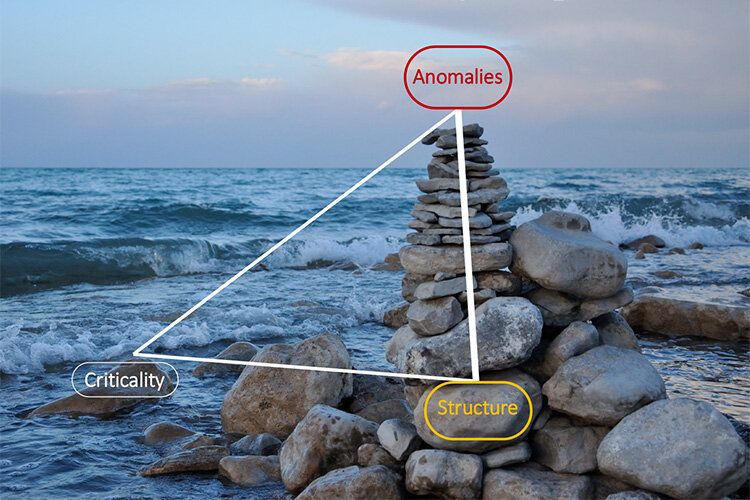
Researchers at the Institute of Industrial Science at the University of Tokyo sifted through experimental data to probe the possibility that supercooled water has a liquid-to-liquid phase transition between disordered and tetrahedrally structured forms. They found evidence of a critical point based on the cooperative formation of tetrahedra, and show its minor role in water’s anomalies. This work shows that water’s special qualities—which are essential for life—originate predominantly from the two-state feature.
Liquid water is indispensable for life as we know it, yet many of its properties do not conform with the way other fluids behave. Some of these anomalies, such as water’s maximum density at 4°C and its large heat capacity, have important implications for living organisms. The origin of these features has sparked fierce debates in the scientific community since the time of Röntgen.
Now, researchers at The University of Tokyo have utilized a two-state model that posits the dynamical coexistence of two types of molecular structures in liquid water. These are the familiar disordered normal-liquid structure and a locally favored tetrahedral structure. As with many other phase transitions, there may be a “critical point” at which the correlation between tetrahedra takes on a power-law form, which means there will no longer be any “typical” length scale.
Amazon unveiled the electric delivery van that is being built by Michigan-based EV startup Rivian. The delivery giant aims to have 10,000 vehicles on the road by 2022 and 100,000 by 2030.
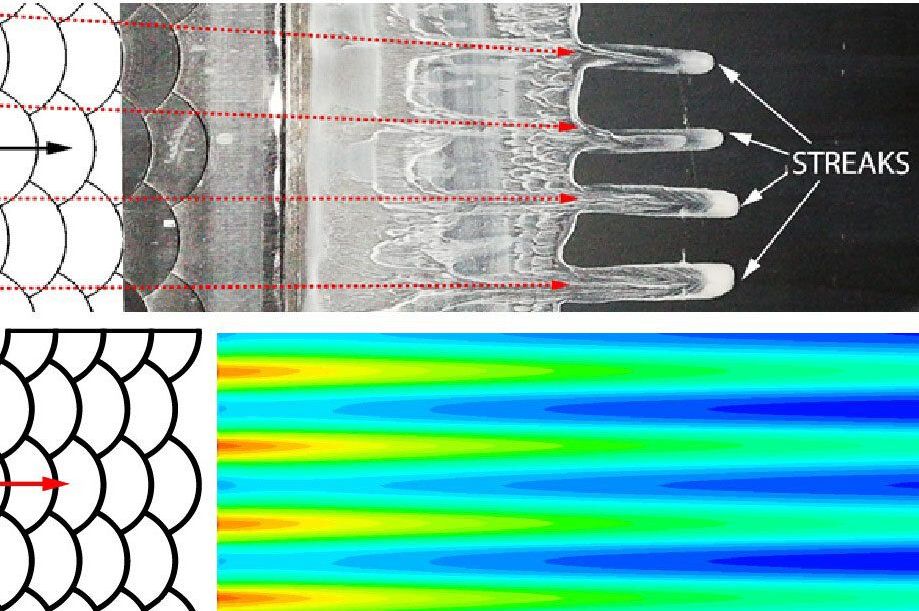
The team’s findings have been published in Nature: Scientific Reports: “Transition delay using biomimetic fish scale arrays,” and in the Journal of Experimental Biology: “Streak formation in flow over biomimetic fish scale arrays.”
Reducing drag means faster aircraft speeds and less fuel consumption—an important area of study for aerodynamicists such as Professor Bruecker, City’s Royal Academy of Engineering Research Chair in Nature-Inspired Sensing and Flow Control for Sustainable Transport, and City’s Sir Richard Oliver BAE Systems Chair for Aeronautical Engineering.
Through their biomimetic study, Professor Bruecker’s team has discovered that the fish-scale array produces a zig-zag motion of fluid in overlapping regions of the surface of the fish, which in turn causes periodic velocity modulation and a streaky flow that can eliminate Tollmien-Schlichting wave induced transition to reduce skin friction drag by more than 25 percent.
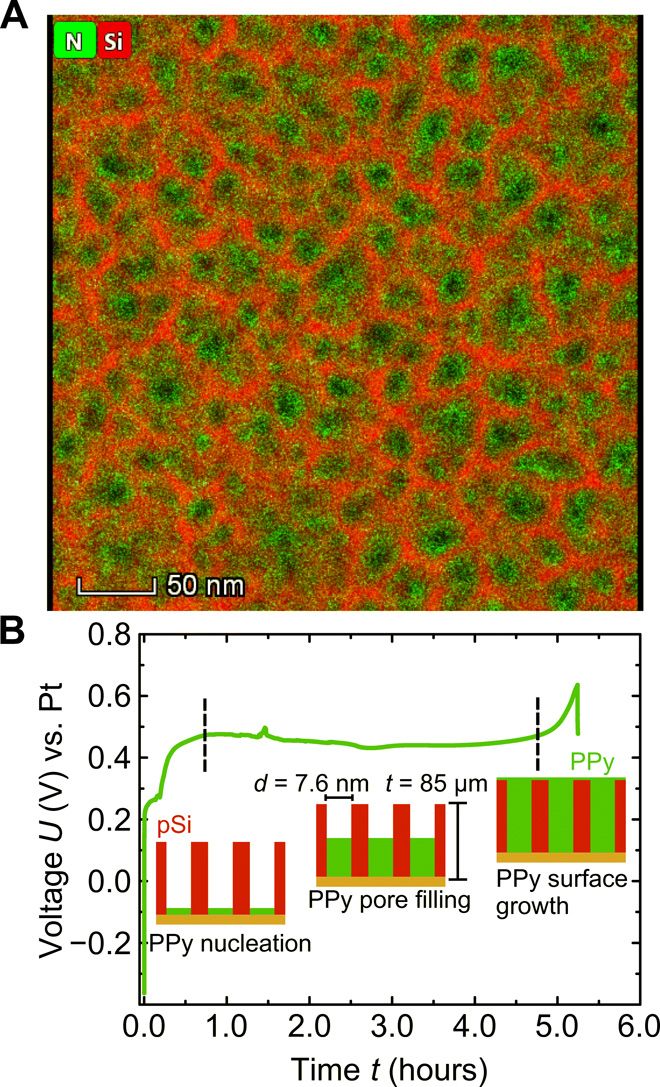
The absence of piezoelectricity in silicon makes direct electromechanical applications of this mainstream semiconductor impossible. Integrated electrical control of the silicon mechanics, however, would open up new perspectives for on-chip actuorics. Here, we combine wafer-scale nanoporosity in single-crystalline silicon with polymerization of an artificial muscle material inside pore space to synthesize a composite that shows macroscopic electrostrain in aqueous electrolyte. The voltage-strain coupling is three orders of magnitude larger than the best-performing ceramics in terms of piezoelectric actuation. We trace this huge electroactuation to the concerted action of 100 billions of nanopores per square centimeter cross section and to potential-dependent pressures of up to 150 atmospheres at the single-pore scale. The exceptionally small operation voltages (0.4 to 0.9 volts), along with the sustainable and biocompatible base materials, make this hybrid promising for bioactuator applications.
An electrochemical change in the oxidation state of polypyrrole (PPy) can increase or decrease the number of delocalized charges in its polymer backbone (1). Immersed in an electrolyte, this is also accompanied by a reversible counter-ion uptake or expulsion and thus with a marcroscopic contraction or swelling under electrical potential control, making PPy one of the most used artificial muscle materials (1–5).
Here, we combine this actuator polymer with the three-dimensional (3D) scaffold structure of nanoporous silicon (6–8) to design, similarly as found in many multiscale biological composites in nature (9), a material with embedded electrochemical actuation that consists of a few light and abundant elemental constituents (i.e., H, C, N, O, Si, and Cl).
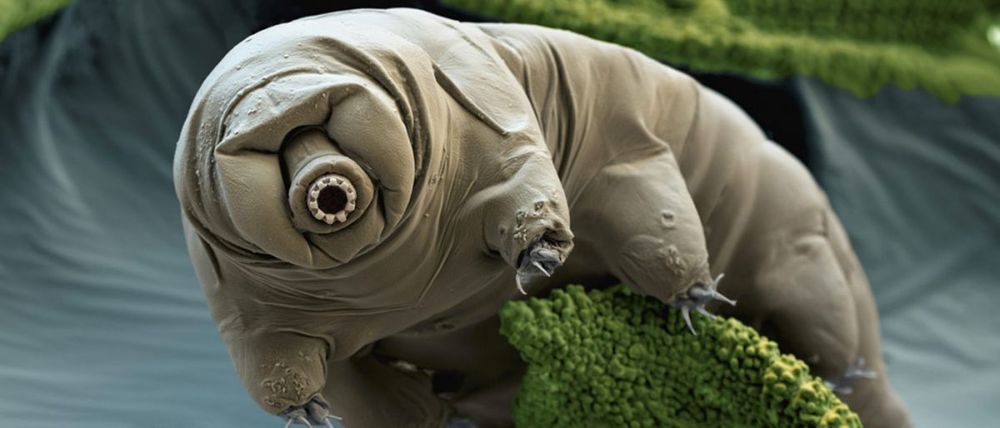
One of the greatest mysteries in our Universe is right here on our own doorstep. No, closer — it’s in every fibre of our being.
At least 3.7 billion years ago, a few simple molecules worked together to create something new. Then a few more. And, somehow, these snowballing combinations eventually produced the first very basic living organisms that would evolve and branch out to become all life on Earth.
We don’t know the order it happened in; heck, we don’t even know when or where it happened. But new research is showing us the possibilities.